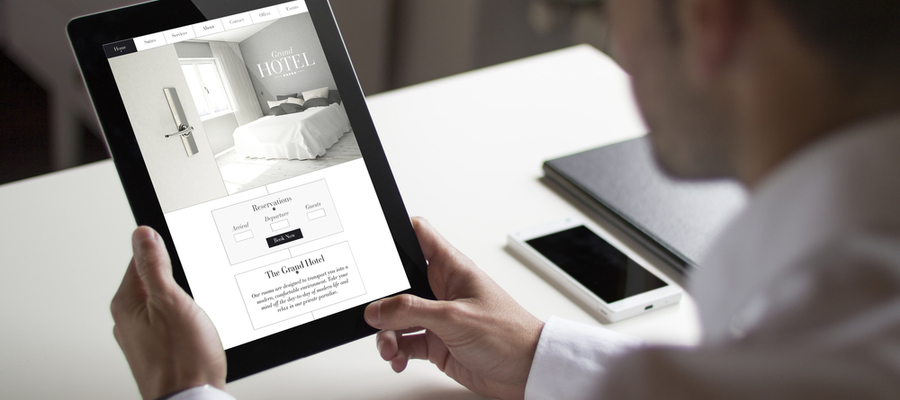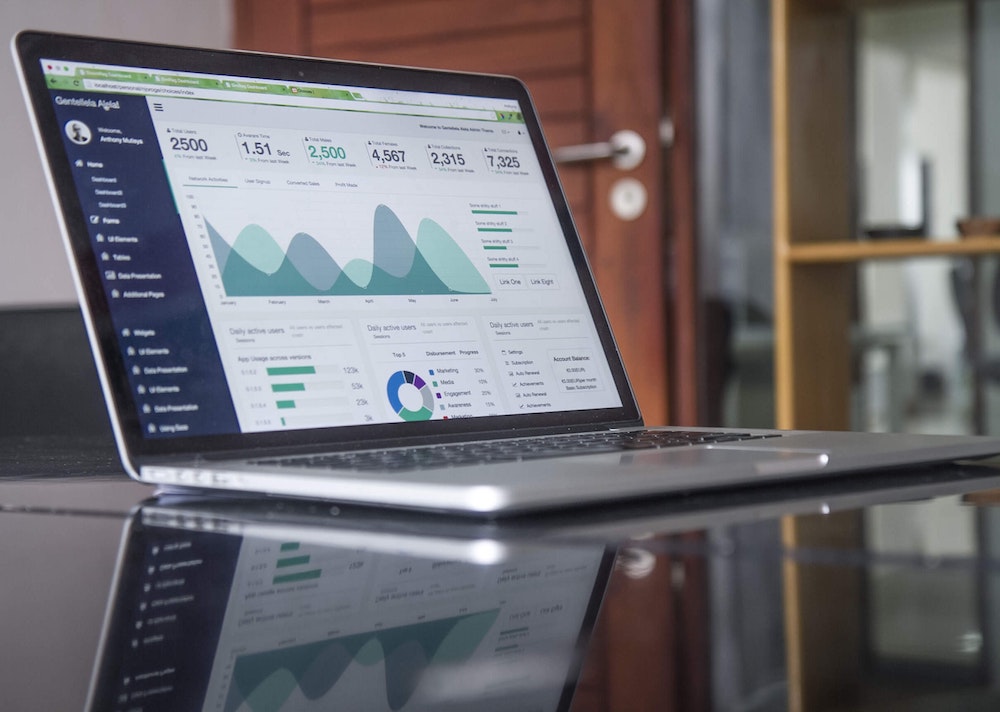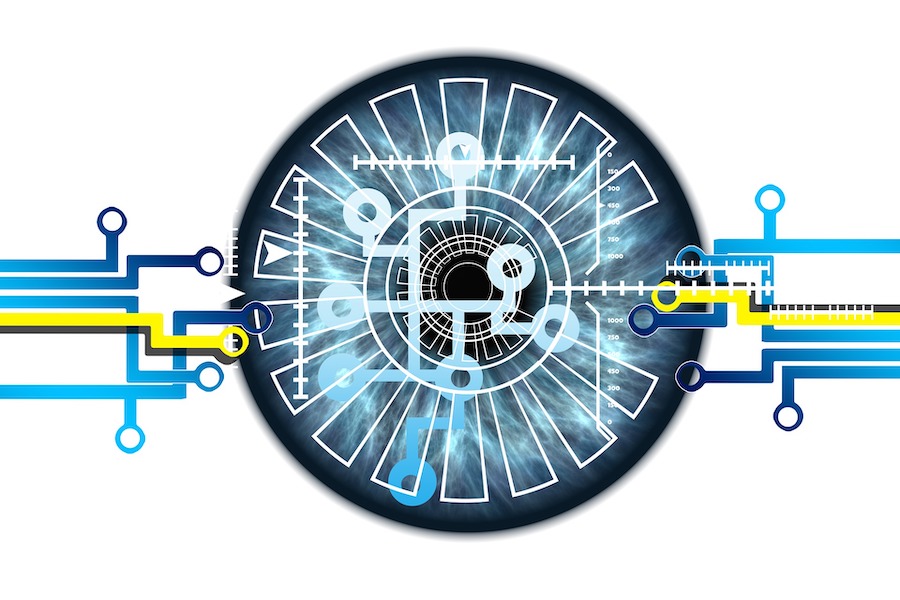The term “guest life cycle” (GLC) refers to the four stages of a guest’s experience with a property: pre-arrival, arrival, stay and departure. While most hoteliers are somewhat familiar with this concept, many still underestimate the impact of the GLC of the long-term success of their property.
Guests have different needs, wants, priorities and preferences depending on the stage of their visit. It’s therefore essential for hotels to adjust their offers, messaging and strategies accordingly to the point of interaction with guests. The right approach can be very powerful, while the wrong approach can create lasting resentment.
In this two-part series, we will be exploring the best practices for each stage of the GLC, starting with a focus on the pre-arrival stage: when a guest has confirmed their stay but has not yet arrived on site.
- Open the Lines of Communication. The period after the booking but before the arrival is an ideal time to connect with guests and to help them develop a positive impression of the hotel. By utilizing emails, texts and other digital communications, hotels are able to highlight their best features, develop a personal relationship with guests and keep the upcoming stay top-of-mind.
- Prioritize Mobile Messaging. The majority of guests now access information through mobile devices—especially if they have already left home and aren’t travelling with their laptop or desktop computers. If pre-arrival communications are going to resonate they must be optimized for mobile platforms. Messages that are hard to read are not helpful and reflect negatively on the hotel.
- Inquire About Guest Preferences. There is no reason not to reach out to guests directly during the pre-arrival stage and ask explicitly what they expect from their stay. That way, once they have advanced to the next stage in the GLC, arrangements have been made in advance to seamlessly meet those expectations. For example, if a guest is known to enjoy reading the morning paper, one can be delivered to their room before they even have to ask.
- Leverage the Advantages of Automation. Guiding guests through the pre-arrival stage takes an ongoing effort and is highly prone to human error. Relying on automation to target and send communications ensures the process does not overwhelm staff or alienate guests.
- Target Upsell Offers. When upsell offers reflect a guest’s actual needs and wants they seem like an exciting opportunity rather than a sales pitch. Draw on guest profiles or any other available data to determine when, where and how to target individual guests with specific offers.
- Highlight Social Media Channels. Social media platforms are designed to make information easy and accessible. Since most guests will seek out these channels when they want to learn more before their arrival, highlight and link to them throughout all pre-arrival communications.
- Don’t Be a Pest. Engaging with guests early is a great way to distribute important information and drive revenue opportunities. The risk is that communicating too frequently, aggressively or irrelevantly is interruptive, and in the worst instances could lead to cancelled bookings. Use the pre-arrival time to be helpful but not opportunistic. Rich guest profiles will give you an idea of how high touch certain guests are and how much correspondence they expect before they arrive. As a general rule, ensure you send a comprehensive confirmation email immediately after a booking is made that aims to gather more information about the guest, then a pre-arrival email a week or two before they arrive with helpful local tips and relevant upsell options.
When a hotel perfects the pre-arrival process, guests walk through the door eager and excited about their stay. Whether they leave feeling the same way depends on how well the hotel lives up to the promises it made pre-arrival.
To learn more about catering to your guests in the pre-arrival stage, download our free whitepaper, The Impact of a PMS in the Guest Life Cycle: Stages 1–3. It addresses the topics outlined above in greater depth while offering up actionable tips hotels can start implementing now. Make the GLC your priority and watch how many first-time guests grow into repeat bookings and loyal customers.
RoomKeyPMS offers a suite of tools useful at every stage in the GLC. It empowers hotels to connect with guests early, regularly, and effectively by providing advanced automation and intuitive data management tools. Contact our team to learn more about the intersection of technology and hospitality.
Photo Credits: Shutterstock / Georgejmclittle




